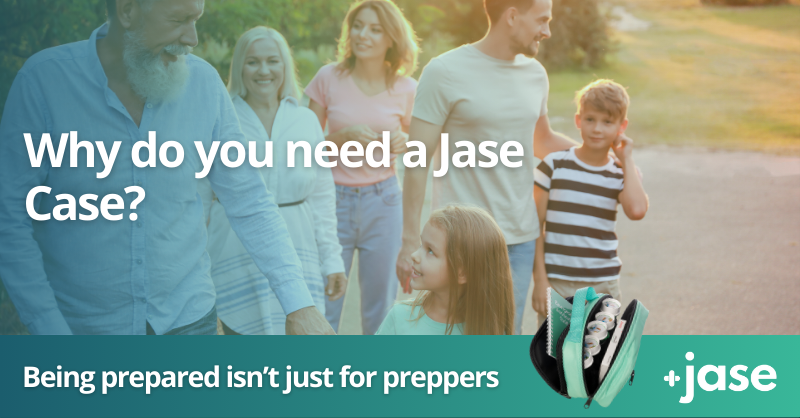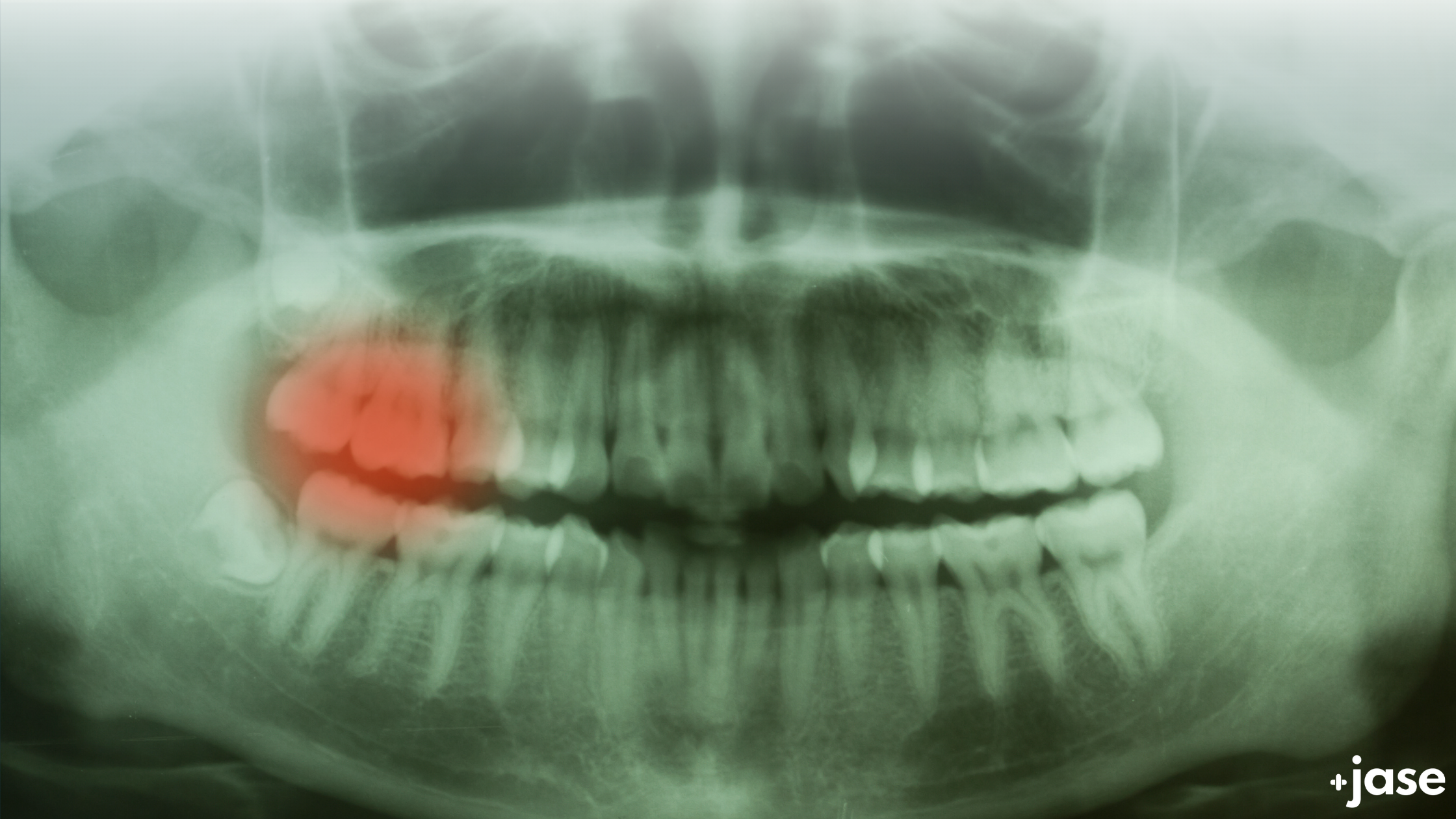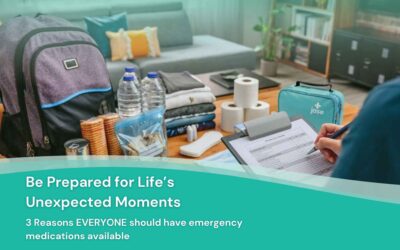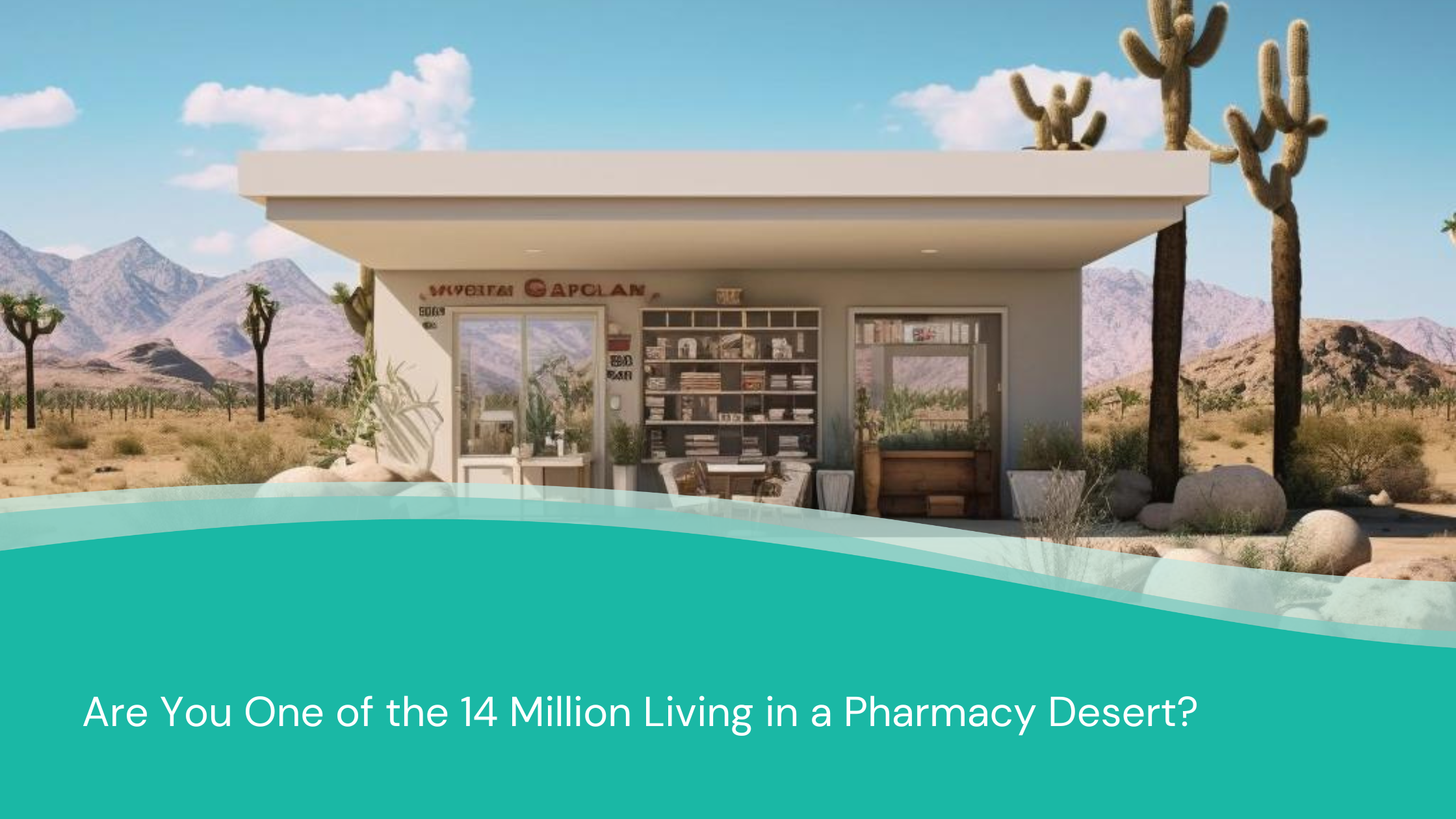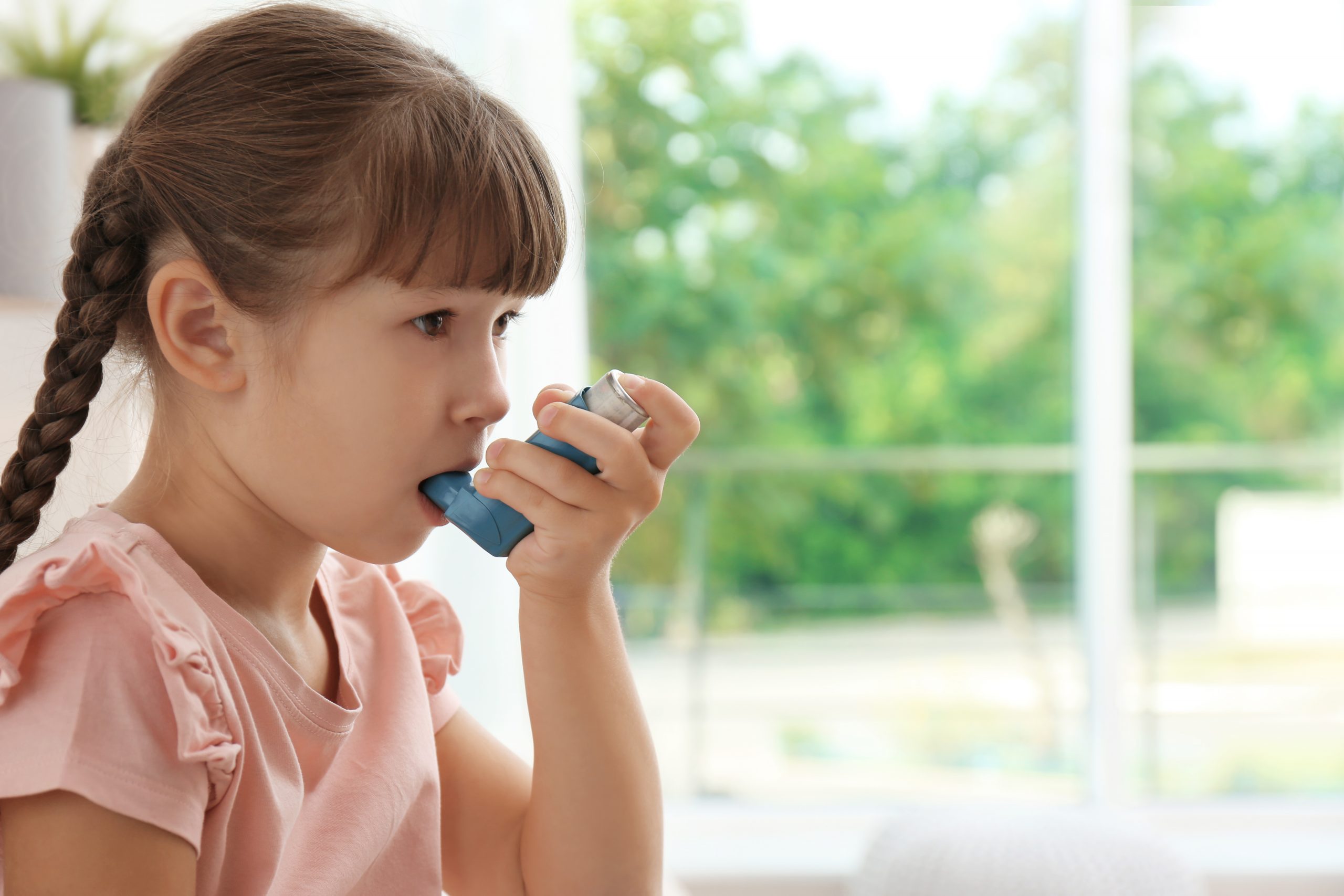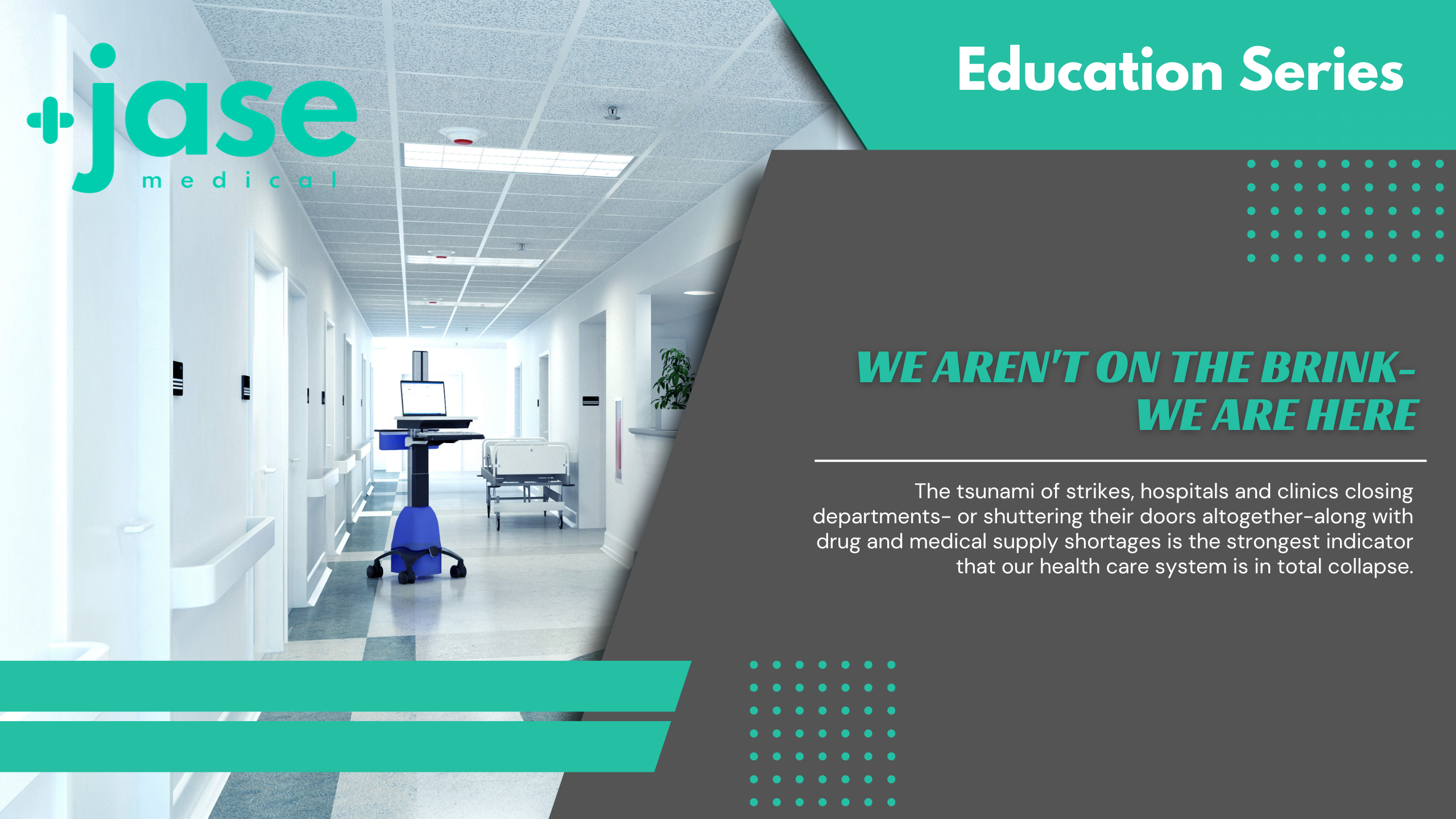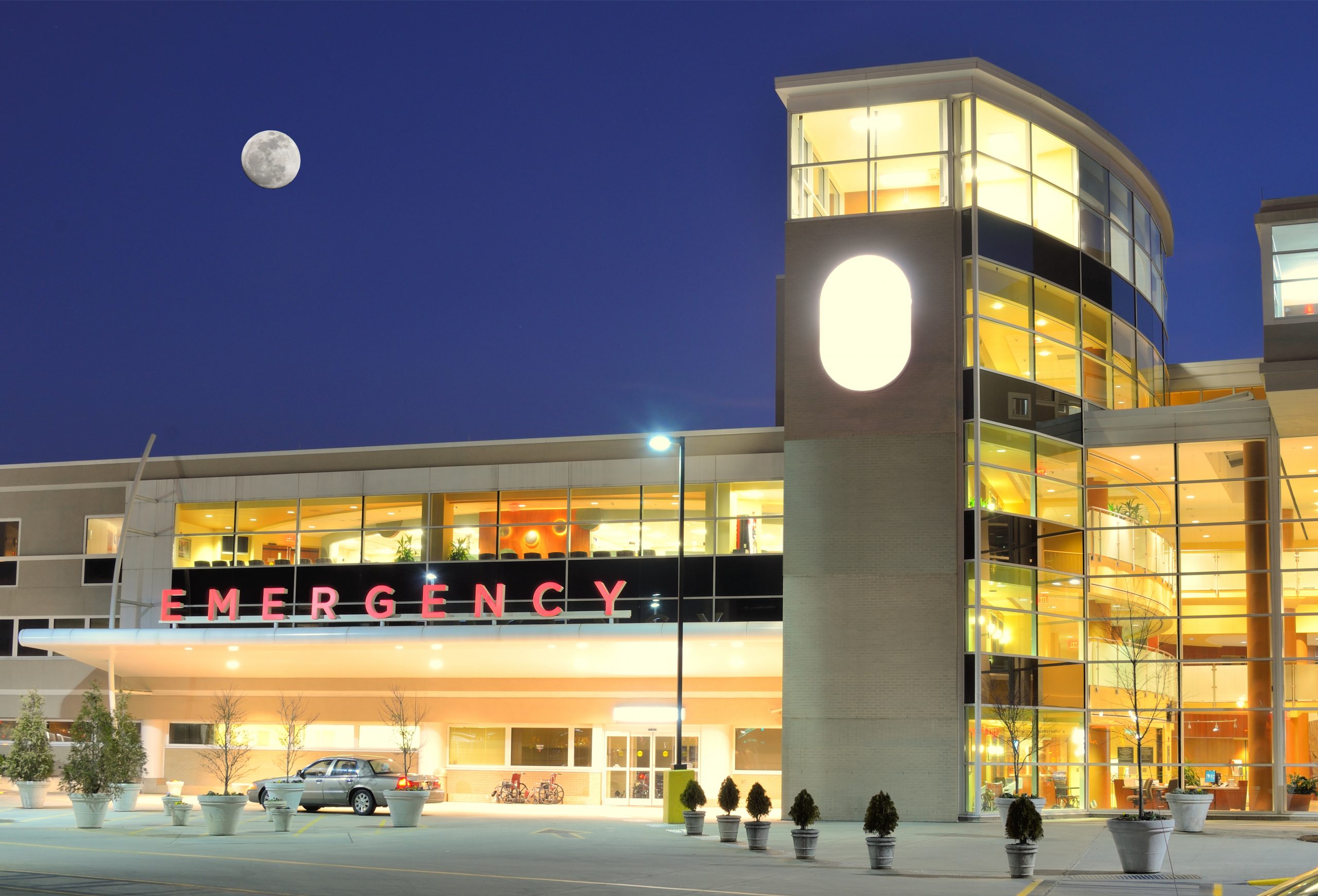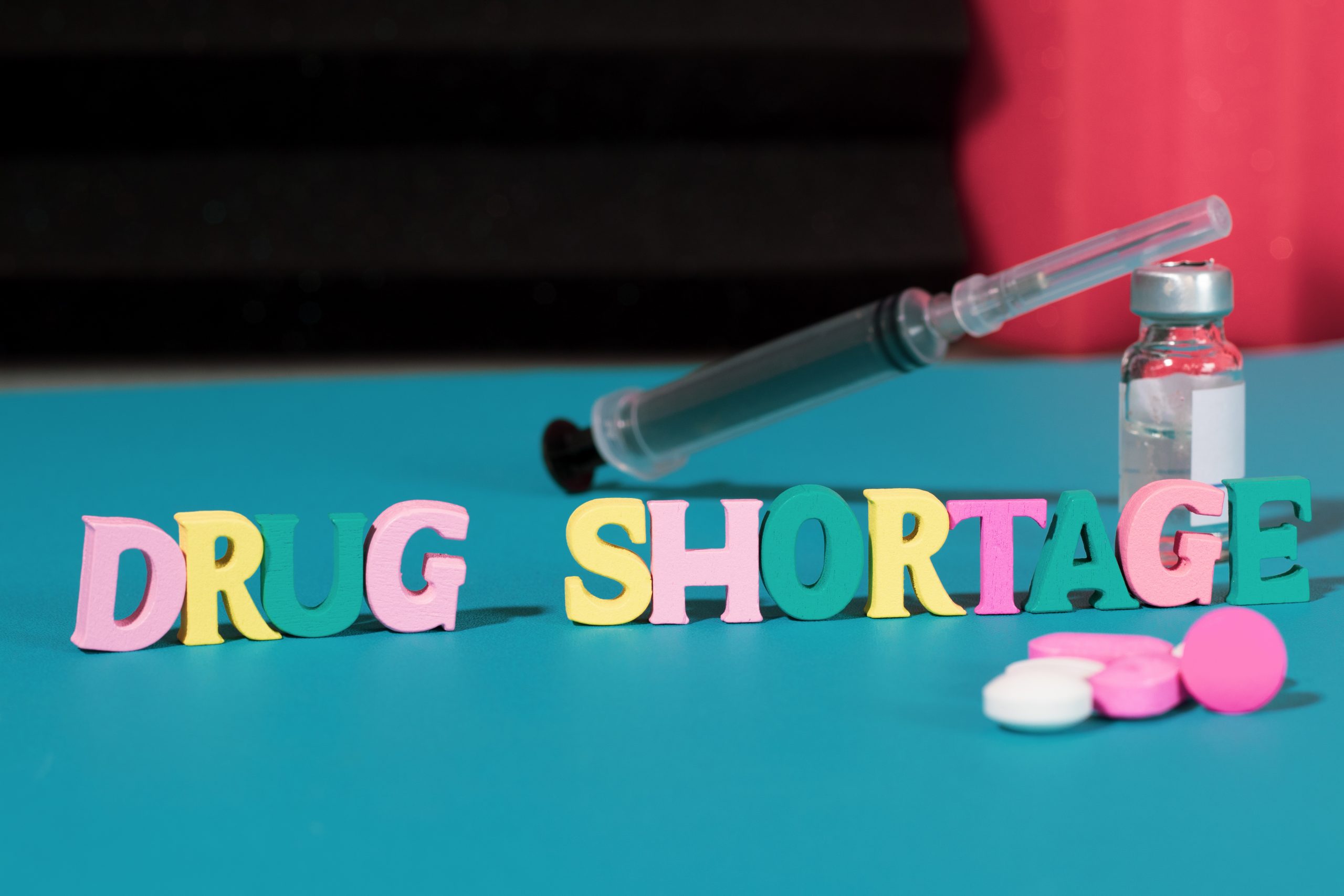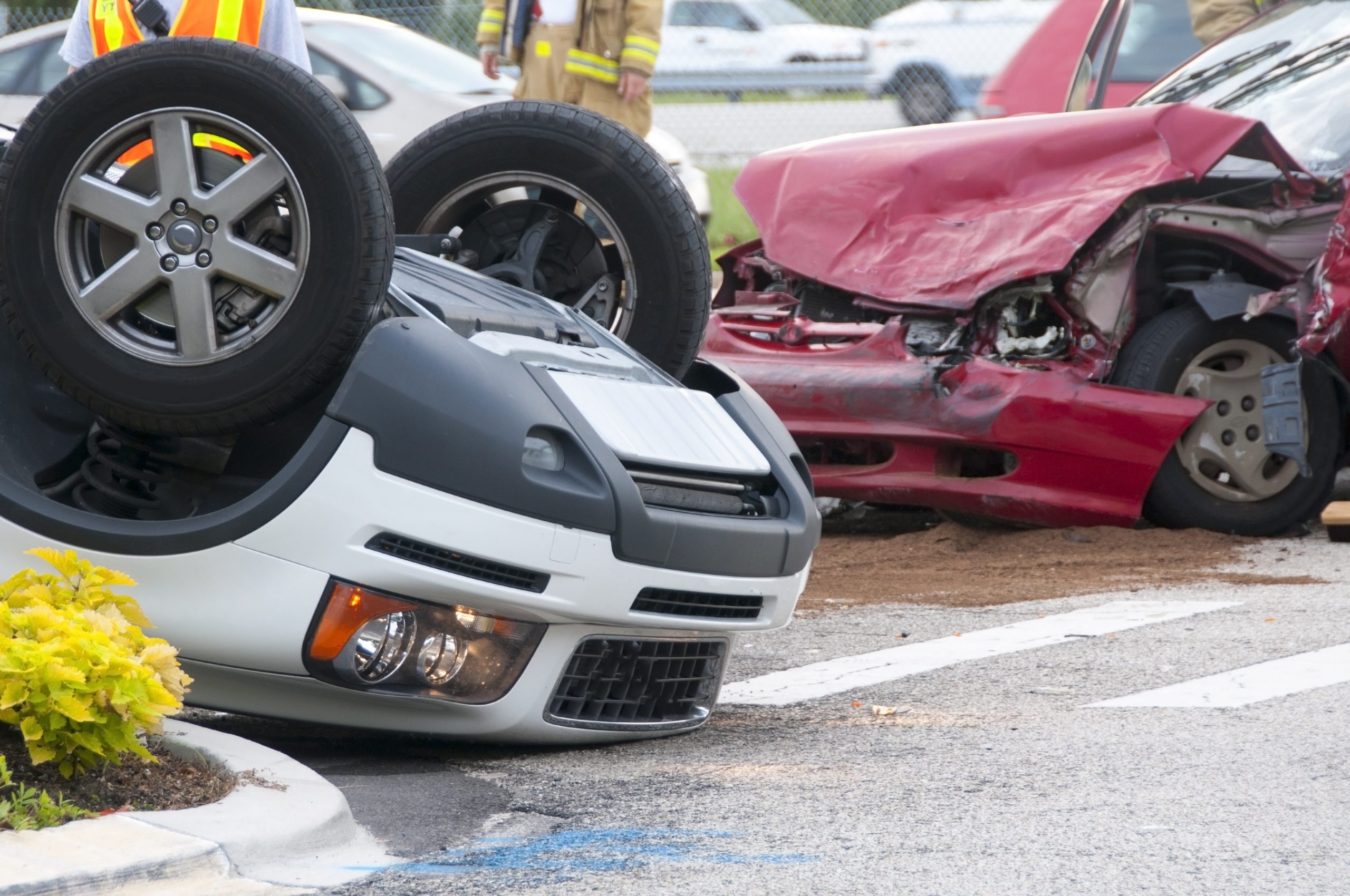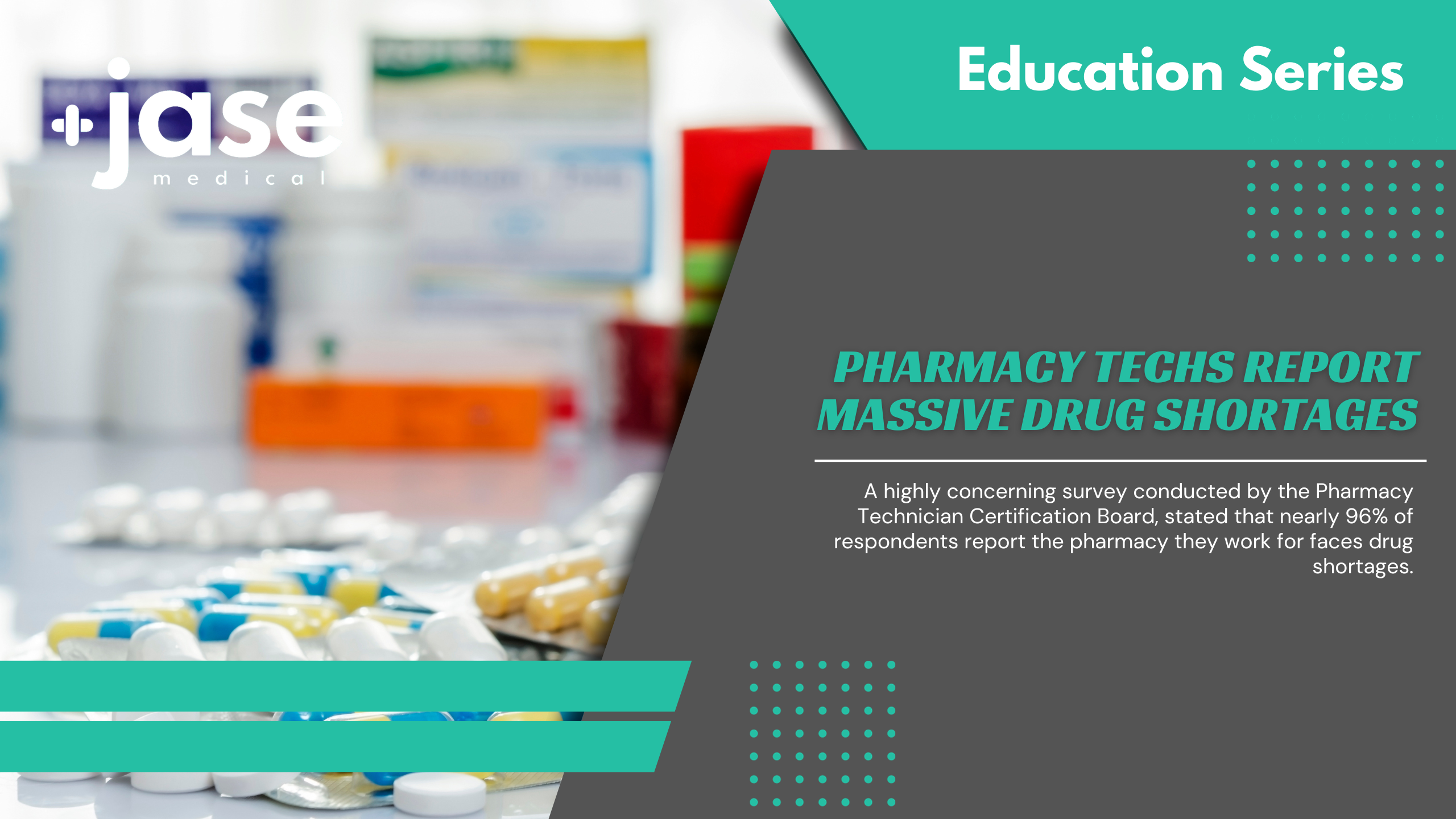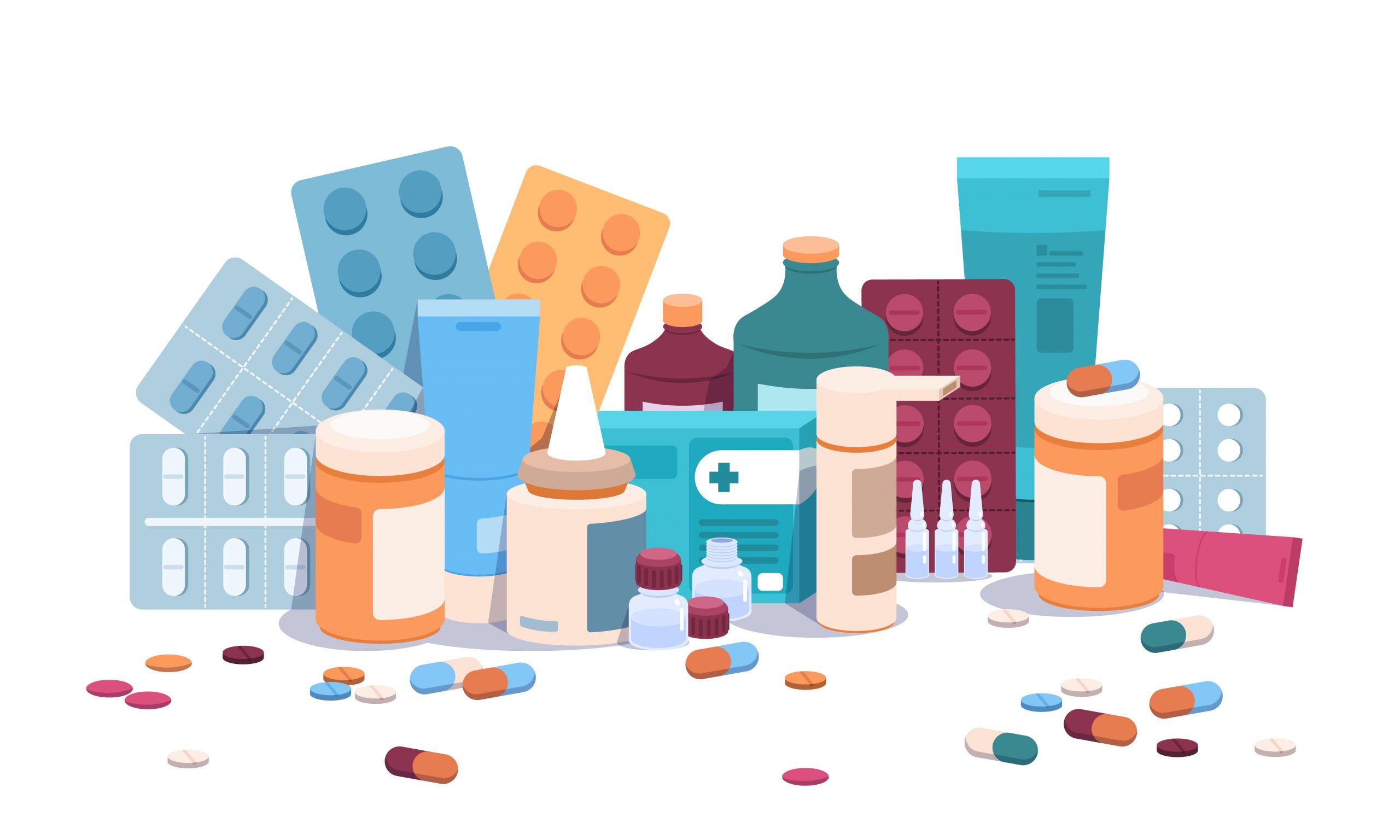When Disaster Strikes, It’s Not Hunger or Thirst That Takes the First Lives In every disaster zone, from hurricanes in the Caribbean to war zones in Ukraine, the pattern is the same. People worry about food and water, but it’s infection that kills first. A small wound...
Jase Stories: It Could Happen To You
When you’re prepared for a mayday, you’re prepared for a Monday.
When normal life gets interrupted by unexpected illness, what will you rely on? If you’re far from home on a trip, or pharmacies and doctors offices are closed from a natural disaster, how will you treat an infection or sudden illness?
Below are a few real-life stories from our customers demonstrating how important it is to be medically prepared.
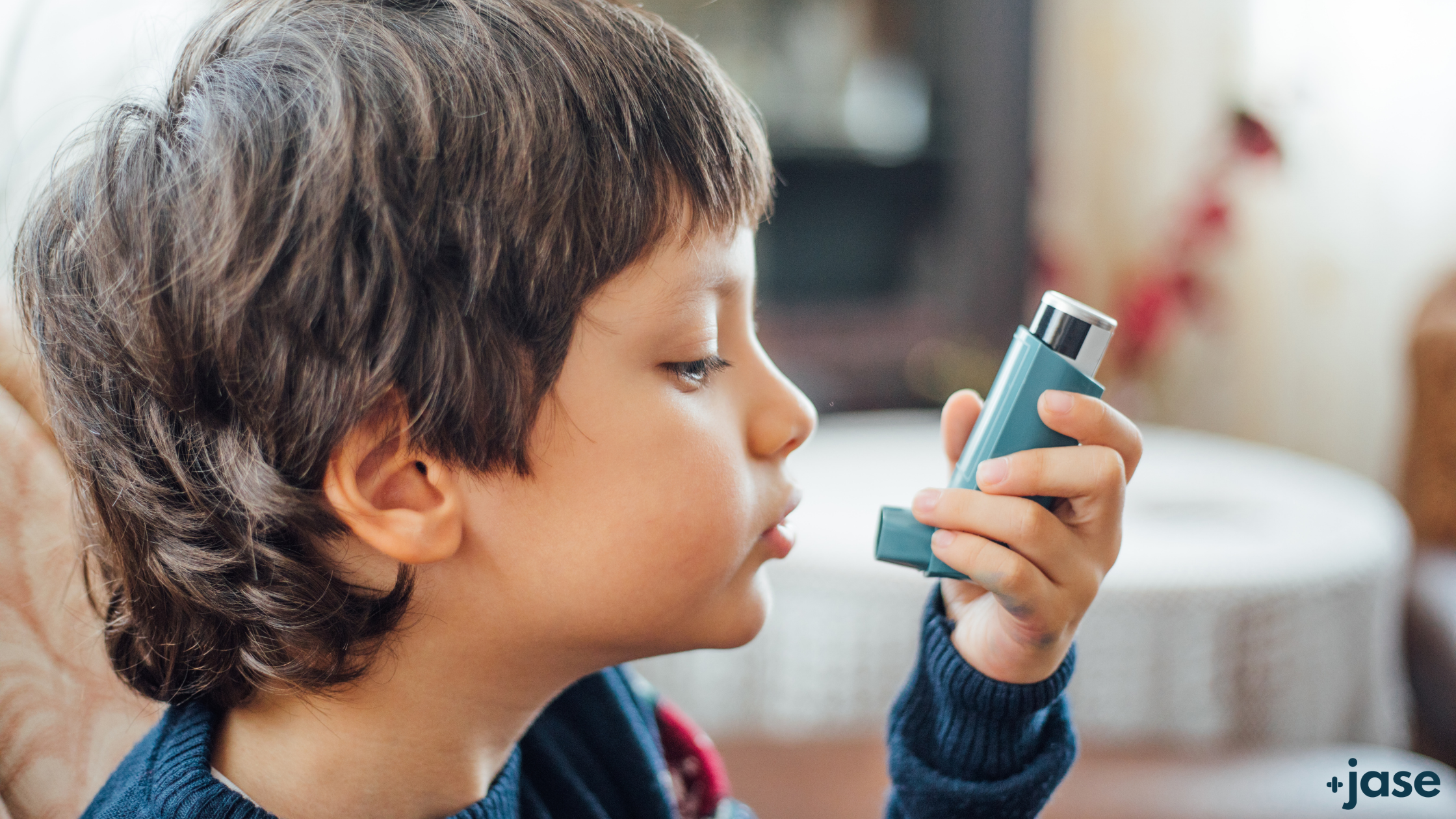
1. A sudden and unexpected asthma attack can occur in anyone, even if they’ve never had asthma before. This is especially true of children where allergies may not be known, or diagnosed.
Our 2 year old son had a surprise asthma/allergy attack in the middle of the night last summer while we were at our home in Montana. He had not ever had asthma prior to this, but his mom has a history of asthma so we opted to include an inhaler in our kits to be on the safe side. Thank goodness we did! He woke up one night and was struggling hard to breath. We called the volunteer first responder service that was in our town in a panic as we scrambled to pull out his inhaler and allergy meds supplied in his case. We live over an hour away from the nearest emergency facility or hospital, so when we bought our home we invested in Jase Cases with additional prescriptions like Epi-pens and inhalers for each of our children to have for emergency use. We are so grateful that companies like Jase exist so that we can have peace of mind as parents. Our kit enabled us to quickly address our son’s breathing problem while we were waiting on help to arrive. …We plan to keep these on hand from here on out, they are a must for us.
2. Just because a surgery was successful and you’re sent home, doesn’t mean you’re out of the woods yet. Post surgery complications or infections can occur and require additional treatment.
I had just got surgery to remove a fibroid. My surgery went well and after my stay at the hospital I was sent home to recover. My doctor had told me that recovery would be painful but in a few weeks the pain should subside. My mother and husband had noticed I was recovering slowly. I still needed assistance with doing easy chores and my skin near the surgical site was was irritated and painful. I wasn’t sent home with any antibiotics, just pain meds. I had a follow up scheduled but it was weeks away. I told my husband we had a Jase Case medical kit we had purchased and never put to use. I could tell I had some sort of infection but couldn’t distinguish what kind. So I started taking an antibiotic from my Jase Case. I kid you not after a few days I started to feel slightly better and the pain was subsiding. I kept on with the meds until my follow up appointment. The infection I had was almost gone. It was a skin infection I had gotten after surgery. My doctor asked if I was given anything to treat it. I told her I had already had a had Jase Medical kit for unexpected emergencies and used it. I think Jase helped me immensely, my infection could have gotten worse and may have led back to another surgery. Me and my family are truly grateful and will always be prepared with a Jase Case for unexpected times.
3. Dental pain, infection, and abscesses arrive suddenly. And treatment usually can’t be put off due to pain and severity. When traveling far from home, seeking treatment while you’re suffering can be a nightmare.
[While on a trip] …I had a tooth that had been slightly bothering me but I didn’t think much about it. I decided last minute to grab my Jase Case to bring with me on the trip. On our way home Christmas Eve day, that tooth became extremely painful. I tried Advil but it did nothing to help pain and soreness. I remembered years ago having an antibiotic prescribed to me for an infection in one of my teeth. I reached into my Jase Case and knowing that this must be another infection, I started taking the same antibiotic. Because it was Christmas time and we were traveling I was unable to find any way to a doctor to obtain meds. I started the antibiotic and over the next couple days I felt a major improvement. It wasn’t until 2 days after Christmas that I was finally able to see a dentist. I told the dentist that I had started the antibiotic and he said that was great because that’s exactly what they would have prescribed me. He also said that I indeed had an infection and it was bad enough that I was needing to be on the antibiotics for several more days before I could have my root canal. Without this medicine, the infection would have become a lot worse and potentially abscessed creating an even bigger problem before I could get help. Normally I would have been close to the dentist and pharmacy, but in this situation I was so glad I had the Jase Case with me.
As you’ve just read, having an emergency supply of medications, like the ones found in our Jase Case, can be a vital lifeline in unforeseen circumstances. These actual stories shared by our customers highlight the importance of being prepared for medical emergencies, especially when access to a doctor is not immediate. Equip yourself and your loved ones with the assurance that, with a Jase Case, you can face the unexpected with confidence.
– Your partners in preparedness: JASE.com
Lifesaving Medications
Recent Posts
Keeping you informed and safe.
Medical Readiness: What Really Kills First
Exploring Dr. William Makis’ Hybrid Orthomolecular Cancer Protocol: Focus on Ivermectin and Mebendazole/Fenbendazole
Exploring Dr. William Makis’ Hybrid Orthomolecular Cancer Protocol: Focus on Ivermectin and Mebendazole/Fenbendazole *Disclaimer: This article is for educational purposes and does not constitute medical advice. Always seek professional guidance.* In the evolving...
Be Prepared for Life’s Unexpected Moments
3 Reasons EVERYONE should have emergency medications avaiable. It's all about access—access to medications and care when you need it most. And when things happen outside of your control that access can disappear.Below are 3 examples of how easily this access can be...
Youth Preparedness: Teaching, Building, and Coping with Disasters
Educating and preparing your children ahead of time means fewer surprises in the event of an emergency.Growing Up Prepared: Empowering Youth in Disaster Preparedness As we observe National Preparedness Month, it's crucial to remember that disasters can strike at any...

